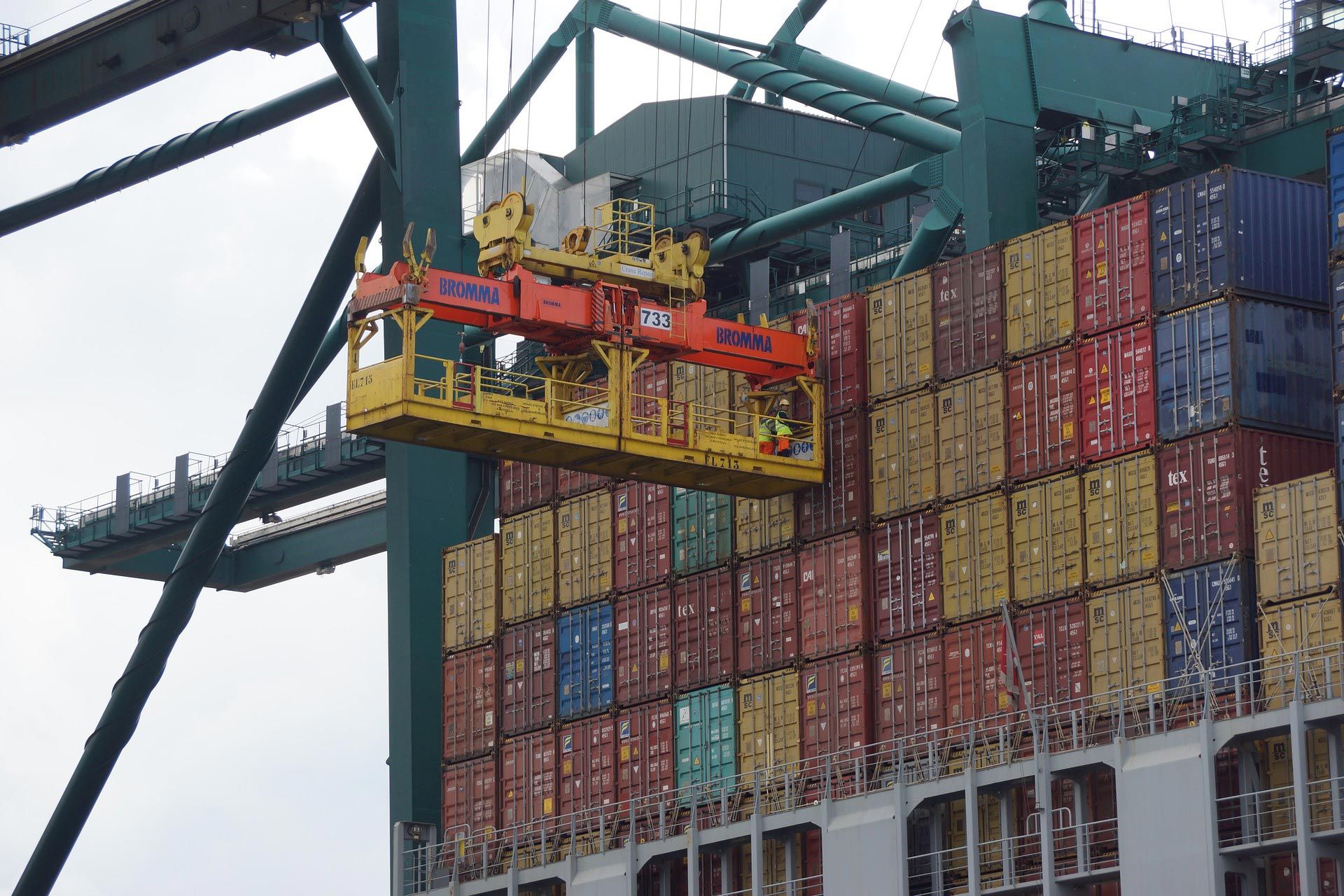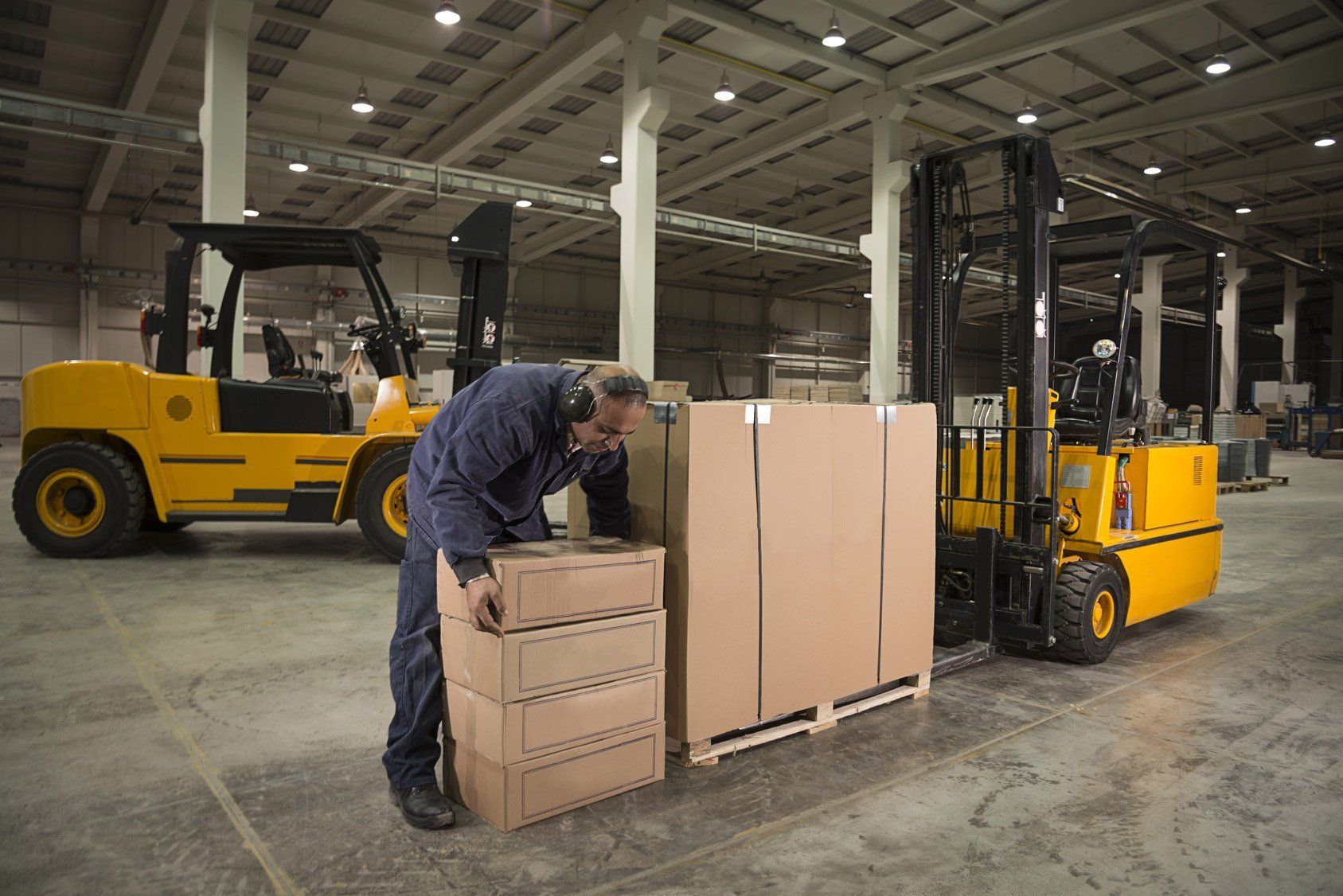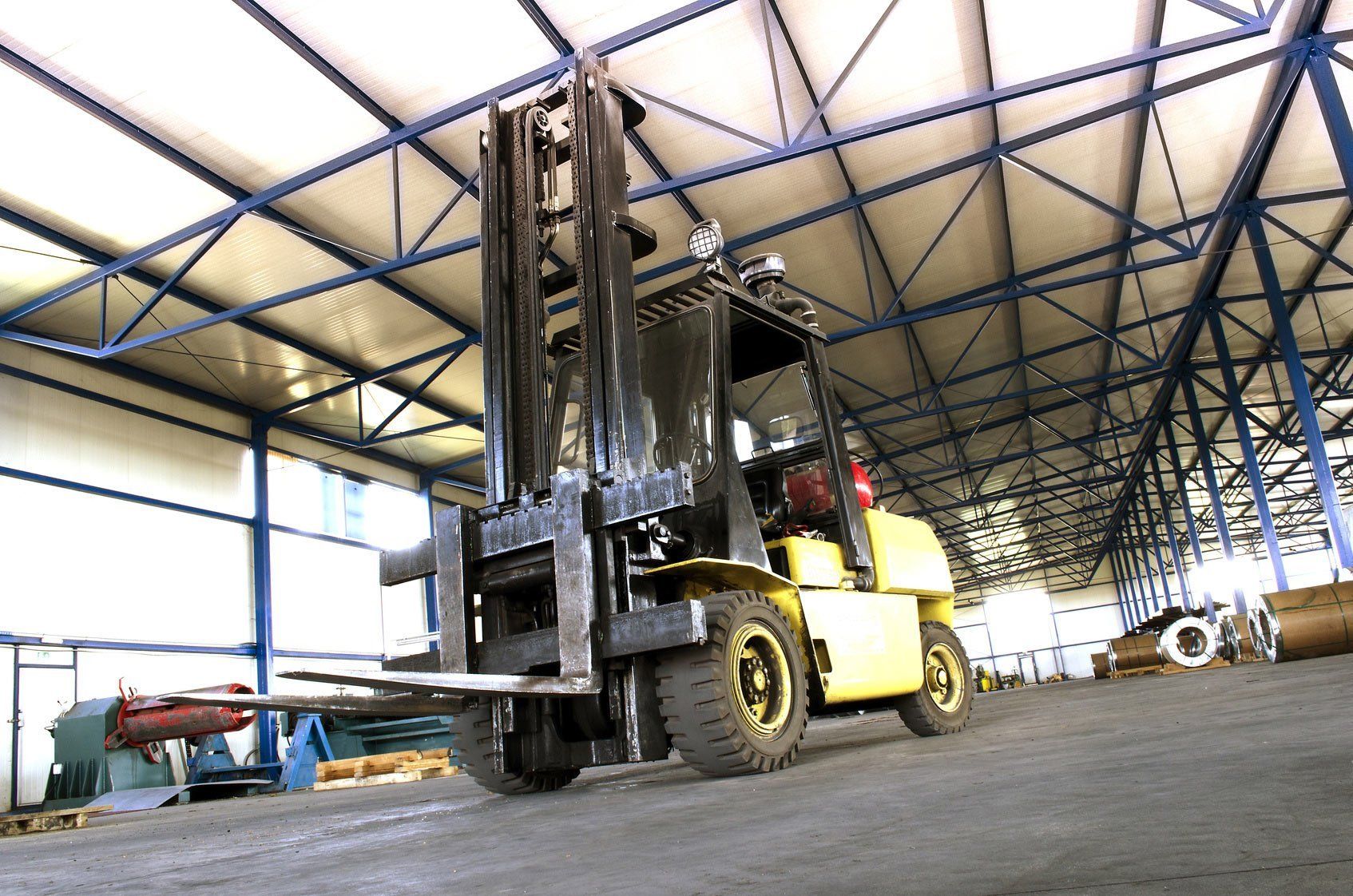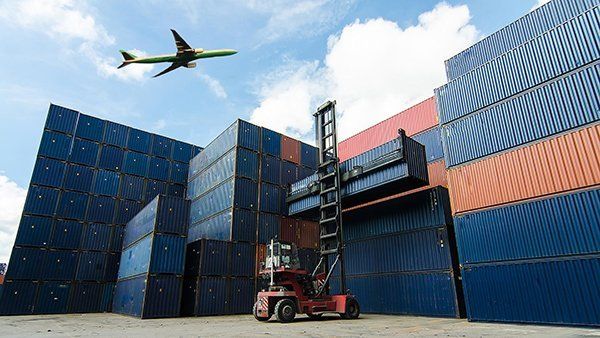Shipping cost increases
The transportation industry is at the core of most businesses. Whether you
are selling/buying products, components, raw materials or maybe just relocating,
one of
the most important aspects is to arrange the transportation process.
Never easier some would say, especially now considering the very wide range of
shipping services available on the market. Indeed, it can be a straightforward
process, however there are a few factors to consider such as the reliability of
the freight forwarder/carrier you decide to work with.
Recently, one of the biggest concerns when it comes to the transportation
industry, is the increase in prices. Nevertheless, we think that an elaborate
overview of the actual context will help our customers to get a better
understanding of the current shipping cliate, and how it may develop.
Increase in Shipping costs overview
There are many aspects to debate when we are talking about the growing prices
in the transportation industry, however, we would like to focus on the most
important ones.
1. Brexit: The exit of Great Britain from the European single market.
This massive change affected many sectors, however one of the most impacted was
the transportation industry. The first few months after the 1st of January 2021
were marked by uncertainty and chaos.
After many years of free trade, the UK left the European Union and that
brought about various changes when sending goods from/to the EU, such as customs
documents implementation, and of course customs clearance charges. Needless to
say, these customs clearance charges have contributed to the rising costs. Due
to Customs requirements and checks, the freight is now spending more time in
transit, and this is also increasing the costs. At the same time, situations
like mislabeling or the lack of necessary legal documents, or missing and/or
incorrect information provided on commercial invoices can lead to increased
costs for carriers, which in time will be passed over to the end customer.
2. COVID-19 Pandemic: Since 2020, when the COVID-19 pandemic started,
the world has been constantly struggling with ongoing outbreaks. The situation
has dramatically affected different industries, one of them being the transport
industry. National lockdowns and international restrictions have contributed to
the rising shipping costs, not only for European imports and exports but have
also affected the trade with other continents.
Contrary to expectations, the demand for container shipping has increased,
following the initial lockdowns and it lead to a shortage of containers. This is
likely the first aspect that has contributed to the increased costs for
container transport. At the same time, many other factors have contributed to
the rising prices, such as the extra measures that have been taken for the
safety of people operating within the sector, one of the few sectors which
continued to operate throughout the crisis.
3. Drivers' shortage: Again, we are talking about a situation that has
affected not only the UK but many countries across the world. The drivers'
shortage is considered to be the effect of both the COVID-19 pandemic and
Brexit and although it is affecting many countries worldwide, the situation is
particularly difficult in the UK. It is very well known that the UK relied
heavily on foreign workforce from Eastern Europe, especially for driver jobs.
However since the pandemic started, followed by the national lockdown, many
drivers decided to return to their home countries.
After a few months, new Brexit regulations came into effect, and some of the
drivers couldn't return due to the new bureaucratic requests. The haulage
companies have urged the Government to include the driver position on the
special visa list, stressing out the impact of the shortages. However, the
Government decided that the industry should instead focus on the British
workforce. The recruiting process didn't help very much, as the testing process
has been continuously postponed due to the lockdown restrictions. In the
meantime, the demand has risen and caused tremendous backlogs, and the prices
have increased.
4. Fuel crisis: Europe is facing one of the most challenging times in
the past few decades and the consequences have already started to appear. Since
Russia invaded Ukraine in February 2022, the global oil market prices have
substantially increased and may continue to do so, according to experts. This
represents another reason for increases in shipping costs, and it's massively
impacting the world's economy.
How are the increasing shipping costs affecting us?
The events of the past couple of years have dramatically changed not only the
transport industry but also the world. In this context, shipping costs have
surged, and so did the prices of many products globally.
Until this very moment, we at Pallet2Ship have done our best to keep our
prices at the same level, despite the fact that all of our suppliers have
increased their rates. The sequence of events that we have all witnessed in the
last few years have led to unprecedented cost rises, and unfortunately, the
future looks uncertain.
The current situation is not only affecting the businesses operating in the
transportation industry, but also our customers. Increased shipping costs have
played a part in inflation rising to 6.2% in February, from 5.5% in January.


STAMFORD TRADING SOSILICA LIMITED

